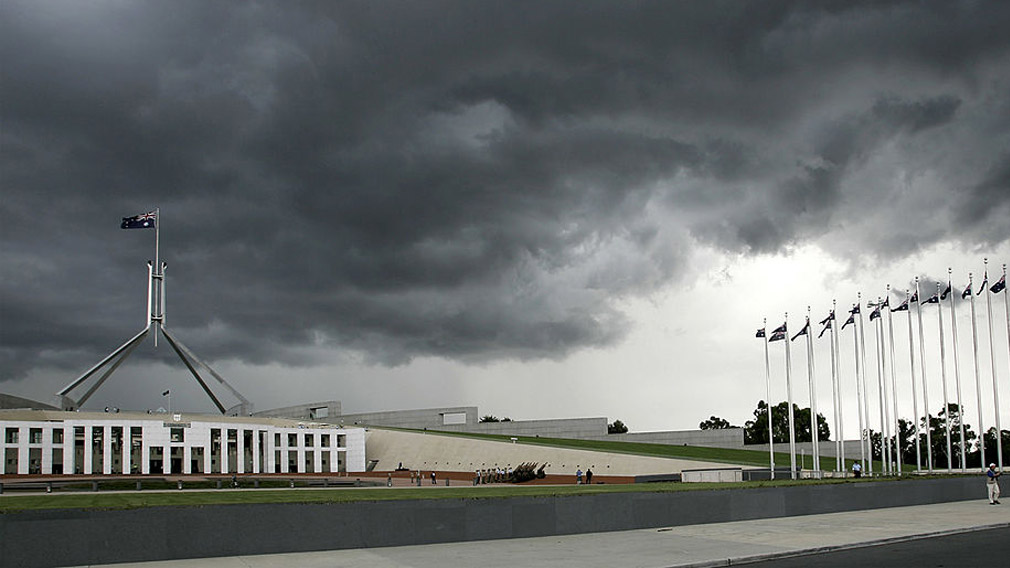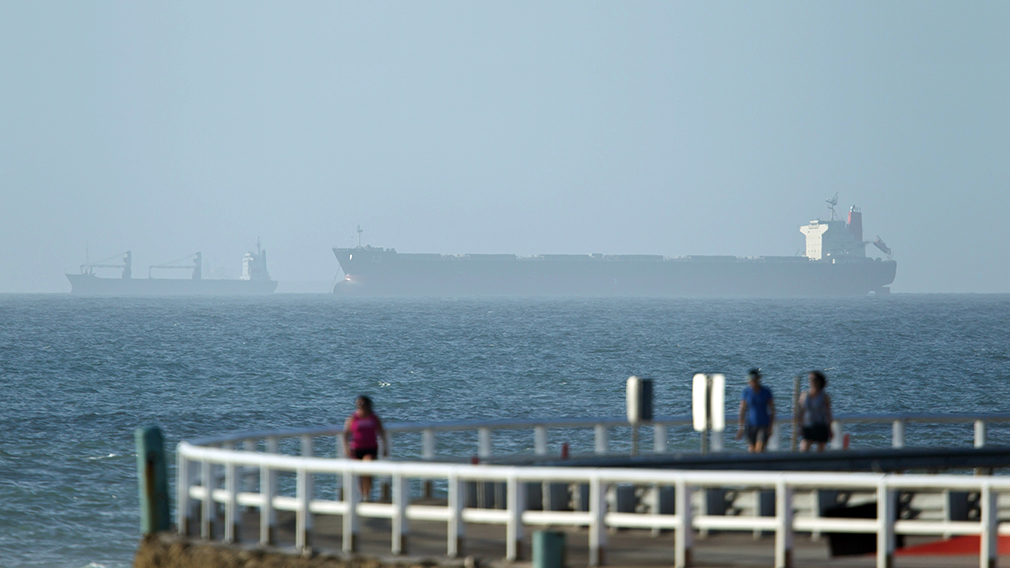Banks slam 'stealth tax'

The government surprises with a bank levy in the 2017 federal budget. (Getty Images)
The Turnbull government has unveiled a surprise bank tax in the budget, drawing criticism from the major lenders and warnings from analysts.
In one of the biggest revenue raising initiatives of this year’s budget, the government unveiled a new 6 basis point levy on certain liabilities of Commonwealth Bank, Westpac, ANZ, National Australia Bank and Macquarie Group to raise $6.2 billion over four years.
The levy will apply to banks with liabilities of more than $100 billion, which the government said would see the major banks “assist with budget repair”. It argued the relative competitive position of smaller banks and non-banks would also be improved.
Westpac chief executive Brian Hartzer today labelled the levy a “stealth tax” on people’s savings and shares in the banks by increasing costs and making Australia’s banks less competitive globally.
“There is no ‘magic pudding’. The cost of any new tax is ultimately borne by shareholders, borrowers, depositors, and employees,” he said in a statement.
“The Australian banks are already the largest taxpayers, with Westpac the country’s second largest taxpayer. Westpac already pays over 30 per cent of its profits in tax and this will now increase even further.
“While similar taxes operate in other international jurisdictions, they were introduced to recover the cost of governments having to take over their banks. No taxpayer funds have been used to prop-up the Australian banks. In addition, international jurisdictions that apply measures such as this already have much lower corporate tax rates than Australia – for example, in the UK the corporate tax rate is 20 per cent.
“It is disappointing that the Australian government has implicitly favoured large foreign banks over Australian banks operating in their home market.”
Treasurer Scott Morrison said the levy would be calculated quarterly 1.5 basis points of the banks’ liabilities, such as corporate bonds, but excluding deposits protected by the government’s Financial Claims Scheme that covers savings up to $250,000. However, banks said there was a lack of detail provided.
The government also flagged legislating a new “Banking Executive Accountability Regime” for executives, setting up a “one-stop shop” to deal with financial disputes and tasked the Productivity Commission to review competition in the financial system.
Anna Bligh, the chief of the The Australian Bankers’ Association, which represents 25 banks, labelled the levy a tax on the entire economy, not just the five affected banks.
“This new tax is not a well thought out policy response to a public interest issue, it is a political tax grab to cover a budget black hole. It is naïve and misguided and has already sent the wrong signals to global financial markets about the strength and stability of our banking sector,” she said.
Mr Hartzer said the tax countered the regulator’s objective to make banks “unquestionably strong” because higher taxes reduced the ability to generate capital organically.
Deutsche Bank analyst Andrew Triggs estimated the levy could reduce the big four’s cash earnings by 3-6 per cent, assuming no tax deductibility of the levy.
“Collectively these measures look unusually harsh and will likely materially impact earnings for the five banks targeted,” he told clients in the wake of the budget’s banking initiatives. “While such a levy has been put in place in other countries such as the UK, typically this was in the years soon after the financial crisis and in countries which required bank sector recapitalisations.”



